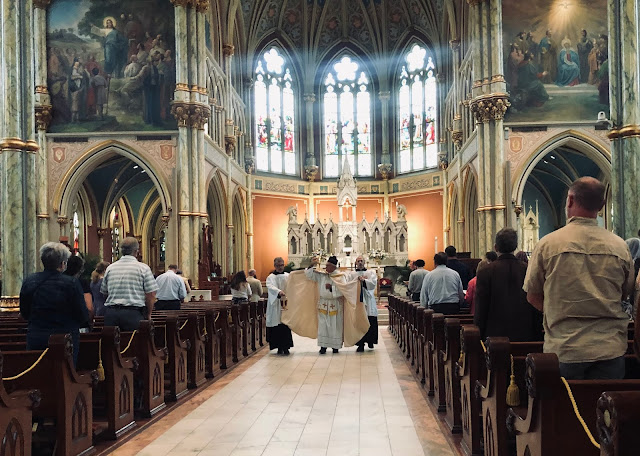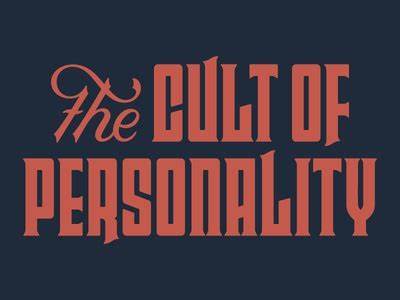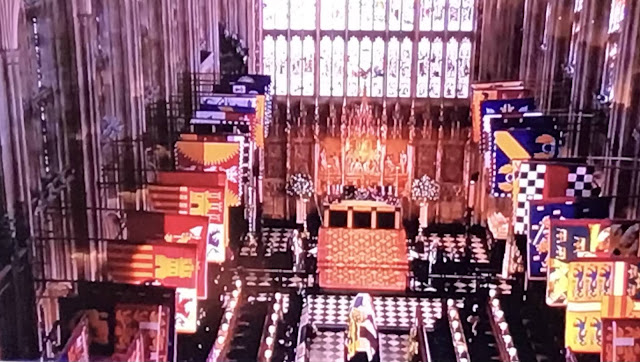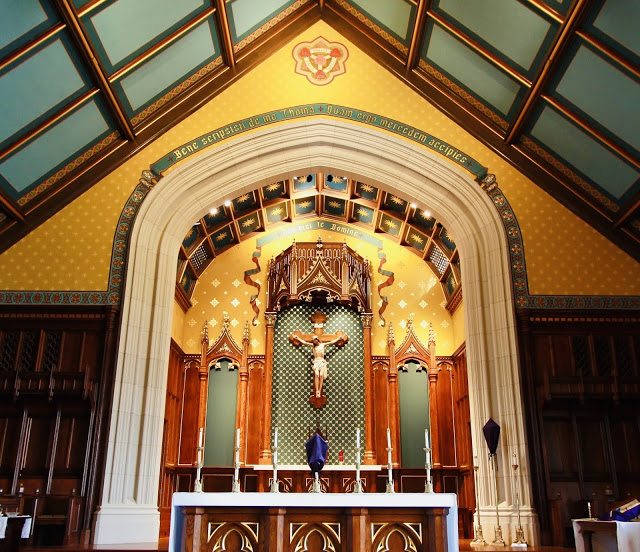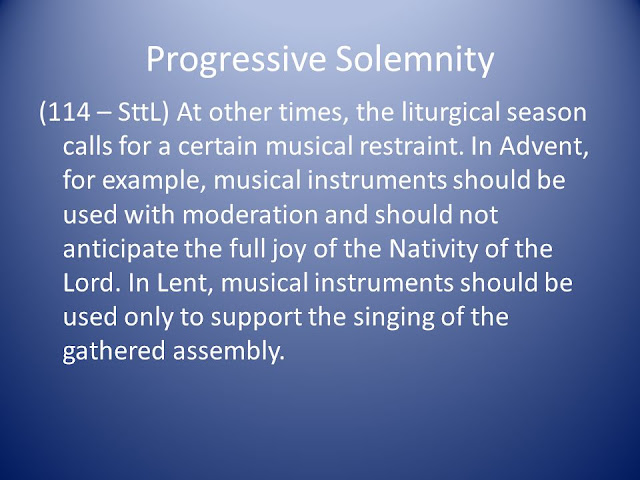The NCR has some selected letters to the editor concerning the Jesuit, Fr. Thomas Reese, who is not a liturgist or a sacramental theologian, and his 1970’’s piece on the liturgy and wanting to suppress the liturgy of the Extraordinary Form like the communists tried to suppress it.
I think the only people today who read the NCR, like Fr. Reese, are well into their 60’s, 70’s and 80’s and beyond.
Yet, like a time capsule, they are the victims of the transition from the pre-Vatican II Church to the Post Vatican II Church which caused them to become post-Catholics. Vatican II did this.
You can read all the letters concerning Fr. Reese’s liturgy hit HERE.
But here are three examples. Thank you Vatican II:
Jesuit Fr. Thomas Reese failed to mention the most important changes that should happen for liturgical reform: ordaining women deacons and priests and allowing priests to be married. I am not familiar with the 1998 English translation of the Mass, but I surely hope that it uses inclusive language for God and humans.
Also, could not God be called "mother" somewhere in the Mass? At the very least, the pronoun "him" should not be used for God, who is both father and mother. Could not women be allowed to preach while we are waiting for the church to allow them to be ordained? Could not priests be encouraged to use feminine and inclusive names for God in homilies and announcements while we are waiting for changes in the Mass?
I have waited all my life for these changes, and they have not happened yet.
LOUISE T. CUNHA
Stuart, Florida
***
As a (now retired) Catholic hospital chaplain, the reform that resonated with me most was to allow persons other than a priest to administer the Sacrament of the Sick. So many anxious hours were spent trying to find a priest who could be available in an emergency. Not to mention worrying about asking often elderly men to venture out in the middle of the night or in inclement weather. Or in the middle of a pandemic.
I suspect a number of patients (or more often families) would still request a priest. And some work-around for the absolution of sins would be required. But distributing the privilege of administering this greatly comforting sacramental presence more widely would, in my opinion, be a literal godsend.
MARGIE HARDEBECK
Covington, Kentucky
***
I am a resigned married priest now retired with degrees in philosophy, theology, a master's in adult Christian community development and a PhD in the management of the non-profit organization. I have been faithful to the baptismal call and have tried for more than 40 years to be a positive influence as a member of the local Christian community and regard my present state (vocation) as a gift that came about through a call by the Spirit of Christ.
Reese is spot on when he suggests that Catholic liturgical reform is long overdue. The renewed understanding of the Eucharist is what I wish to address. The current Eucharistic liturgy draws its influence on a cosmic story that is derived from an understanding of humanity that is derived from a literal interpretation of the Scriptures. As such I wonder if his suggestion that "eucharistic prayers that use more biblical language" would work. In this I am open to the suggestions of scripture scholars.
We badly need to understand and experience this transformation of the community into the body of Christ so that we can live out the covenant with God through Christ with an understanding that God (divinity, the creator) from the beginning has willed to co-participate with humanity in the evolution of a new creation.
This has huge implications on how we view ourselves as humans. God has chosen to join with us in this unique venture of creating "a new heaven and a new earth." If we accept the offer, we receive the energy (grace) to participate and the world with us will be transformed.
This transformation has already begun and is underway. When the community gathers as the body of Christ, it recognizes the work of the Spirit of Christ already underway; world poverty is shrinking, giant strides are being made in health research, AI is addressing work drudgery, gender equality is being recognized, racial diversity is happening, respect is growing in the workplace and climate change is gaining momentum; there is much to celebrate and so much yet to do.
It is time to create liturgies that celebrate all this: that we are the hands and feet of the body of Christ.
CHARLES FRANCIS (FRANK) FOLZ
Wasaga Beach, Ontario













